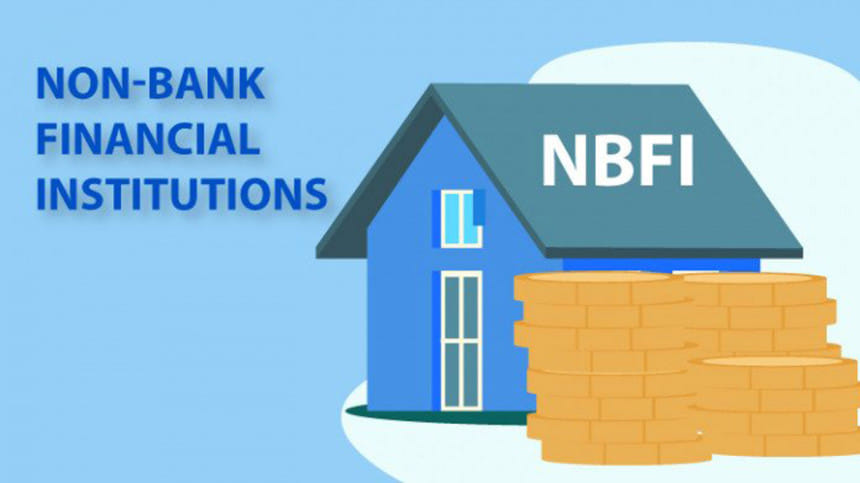
Non-bank financial institutions in Bangladesh lost 48,637 deposit accounts in the three months to December as savers moved away from NBFIs owing to the imposition of the cap on the deposit rate and the erosion of confidence in the wake of allegations of irregularities at some banks.
The NBFIs had 521,559 deposit accounts in the last month of 2022, down from 570,196 three months ago, according to the quarterly NBFI statistics released by the Bangladesh Bank last week.
“Many deposit customers withdrew funds from NBFIs after the central bank capped the interest rate on deposits at 7 per cent in July last year whereas banks are offering more than that. This was one of the factors for the drop,” said Kanti Kumar Saha, chief executive officer of Lankan Alliance Finance.
Besides, insiders say, concerns regarding the health of the banking sector amid allegations of loan scams deepened the withdrawal pressure in the second half of 2022.
However, the overall deposit in the NBFIs grew 5.21 per cent to Tk 43,752 crore in the October-December quarter.
Average deposit per account was up 15 per cent to Tk 8.39 lakh from Tk 7.29 lakh during the period.
Md Golam Sarwar Bhuiyan, managing director of Industrial and Infrastructure Development Finance Company Ltd, says the dollar crisis has had an impact on deposits as some corporate depositors pulled funds to open letters of credit by providing up to 100 per cent margin.
“Besides, a section of depositors withdrew funds owing to the panic created following reports regarding the health of a number of Islamic banks,” he said.
A number of Shariah-based banks have faced loan-related scams in recent months.
The deposit situation has, however, changed in the first quarter of 2023, according to industry people.
“We are witnessing better deposit growth in the first quarter this year compared to the October-December quarter,” added Bhuiyan, also the chairman of the Bangladesh Leasing and Finance Companies Association (BLFCA).
In Bangladesh, there are 35 NBFIs, which include three state-run institutions. Collectively, they have 308 branches.
Central bank data showed that the number of loan accounts declined in the fourth quarter of 2022. Average advances per account rose 2.45 per cent, however.
Loan disbursement by the NBFIs decreased 1.80 per cent to Tk 5,691 crore in October-December compared to the previous quarter. The decline stood at 10 per cent year-on-year.
Bhuiyan blamed the slower deposit flow for the reduction in loan disbursement.
Saha said 2021 was a better year for the NBFI sector as inflation was lower and there was no ceiling on deposit and lending rates, resulting in a higher interest rate spread. But 2022 saw soaring consumer prices and a curb on the interest rate, which affected the deposit flow.
“If the deposit growth is negative, how will the lending grow?” he questioned.
The risk of defaults amid the ongoing economic slowdown, driven by the disruptions because of the Russia-Ukraine war and the coronavirus pandemic, is another factor.
“Banks and NBFIs are cautiously lending to avoid risks,” said Saha, also the vice-chairman of the BLFCA.
According to the central bank, 39.26 per cent of the loans in the NBFI sector went to the industrial sector in the fourth quarter. The trade and commerce sector accounted for 22.28 per cent of the credit disbursed while consumer finance represented 20.96 per cent.

